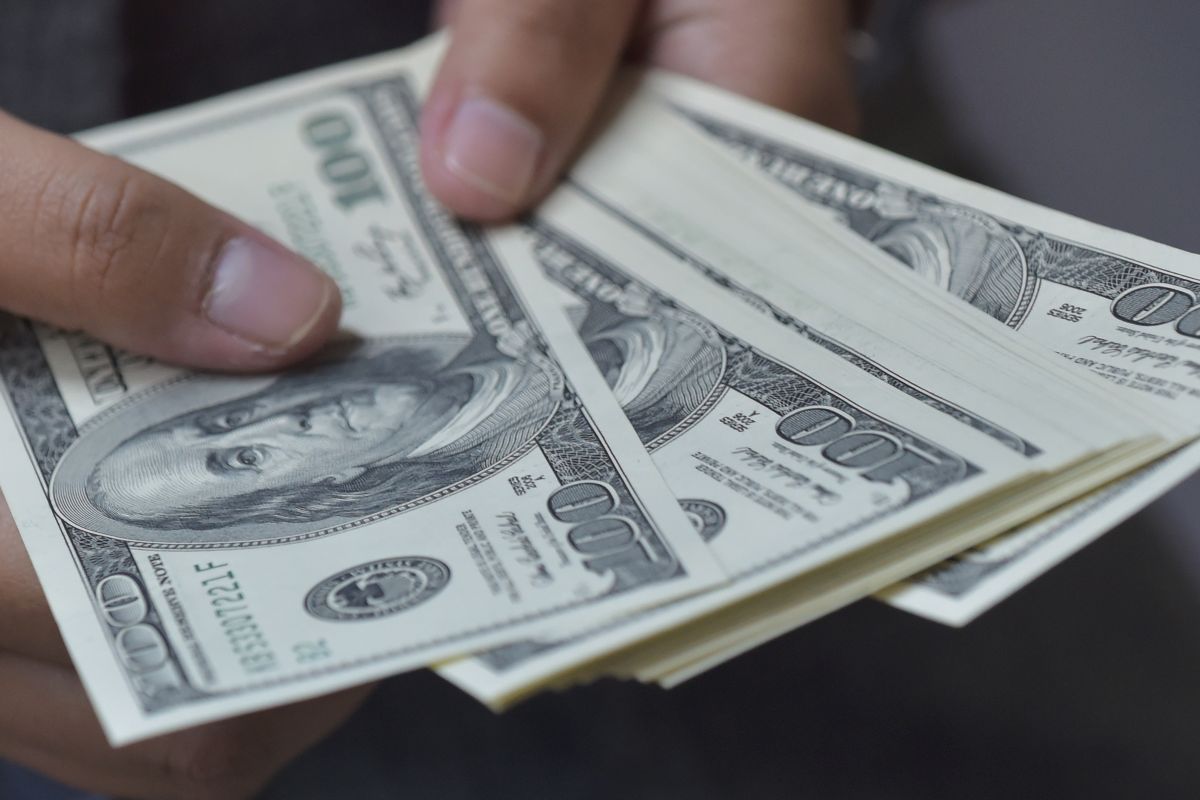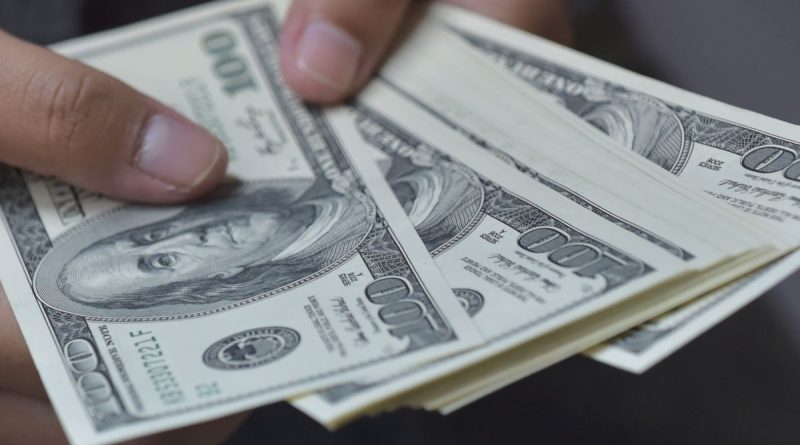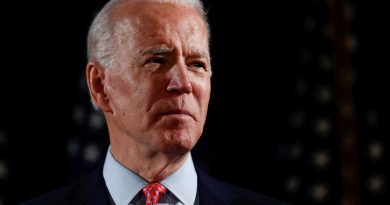Why Eliminating the Stimulus Check for Someone Earning More than $ 75,000 a Year Could Help America's Economy | The State

The first stimulus check recorded an expense at all income levels.
Photo:
ADEK BERRY / AFP / Getty Images
There are more and more calls to the authorities for the help of the stimulus check surrender exclusively for families with low and moderate incomes, the data found from one study suggests that the boost it would provide it would be more efficient for the economy from U.S.
Families earning less than $ 75,000 dollars they usually spend the money of $ 600 dollars of the second stimulus check quickly, according to an investigation by the organization Opportunity Insights.
Families that earn above that threshold usually save money payment of the stimulus check, which provides little help to the overall economy and indicates that the money is not needed as urgently, says a report presented by the newspaper The Washington Post.
“Target stimulus payments to lower-income households it would better support the neediest households and give a big boost to the economy in the short termSaid John Friedman, Brown University economics professor and co-chair of Opportunity Insights.
Credit and debit card data analysis revealed a clear increase in spending by families and individuals earning less than $ 50,000 dollars after stimulus payments started pouring into bank accounts on January 4. However, the expense barely moved for people earning more than $ 78,000.
The price of sending another round of checks to couples earning more than $ 75,000 and singles with incomes of more than $ 50,000 would be $ 200,000 million, but the researchers estimate that this group would spend $ 14 billion of that money, which represents 7%.
During the first stimulus check of $ 1,200 dollars an expense was recorded in all income levelsBut the second stimulus check reflects just the opposite.
The data reflects that the recession is largely over for people with financial resources, however the poorest are still immersed in the crisis. According to the Federal Reserve, unemployment among low-wage workers continues to be 20%.
“Low-income households have suffered the greatest economic impact. They are the ones who need the help the most, ”Friedman said.
The United States Census found that households with incomes between $ 75,000 and $ 100,000 “were more likely to use their stimulus payments to pay off debt or to add to savings, compared to households in general ”. About 88 percent of households living on less than $ 25,000 intended to spend the resources of the stimulus check money.
The prepaid debit card company Netspend processed more than $ 850 million in stimulus payments in January for some 900,000 clients. The Post confirmed that customers of the prepaid debit card company tend to have lower income and most of that money they had spent it quickly on basic necessities like food and gasoline.
Related: How More Than 13 Million Unemployed Spent Their First Stimulus Check.
Some legislators and economists have suggested that stimulus checks they are a waste of money and that the government would be better off targeting the unemployed. Many workers who have been able to return to their jobs say they continue to fight for the hours and wages they were earning before the pandemic hit.
It is estimated that during the second round of stimulus checks some 160 million households they will probably get paid. The Post documented how some people who received a payment in January had posted on social media that they did not need the money and had even donated it to charity.
Organization research Opportunity Insights indicates that for people who do not need the stimulus check money immediately they have been saving it to pay from student loans, mortgage debts or Credit cards.
You may be interested:
.




